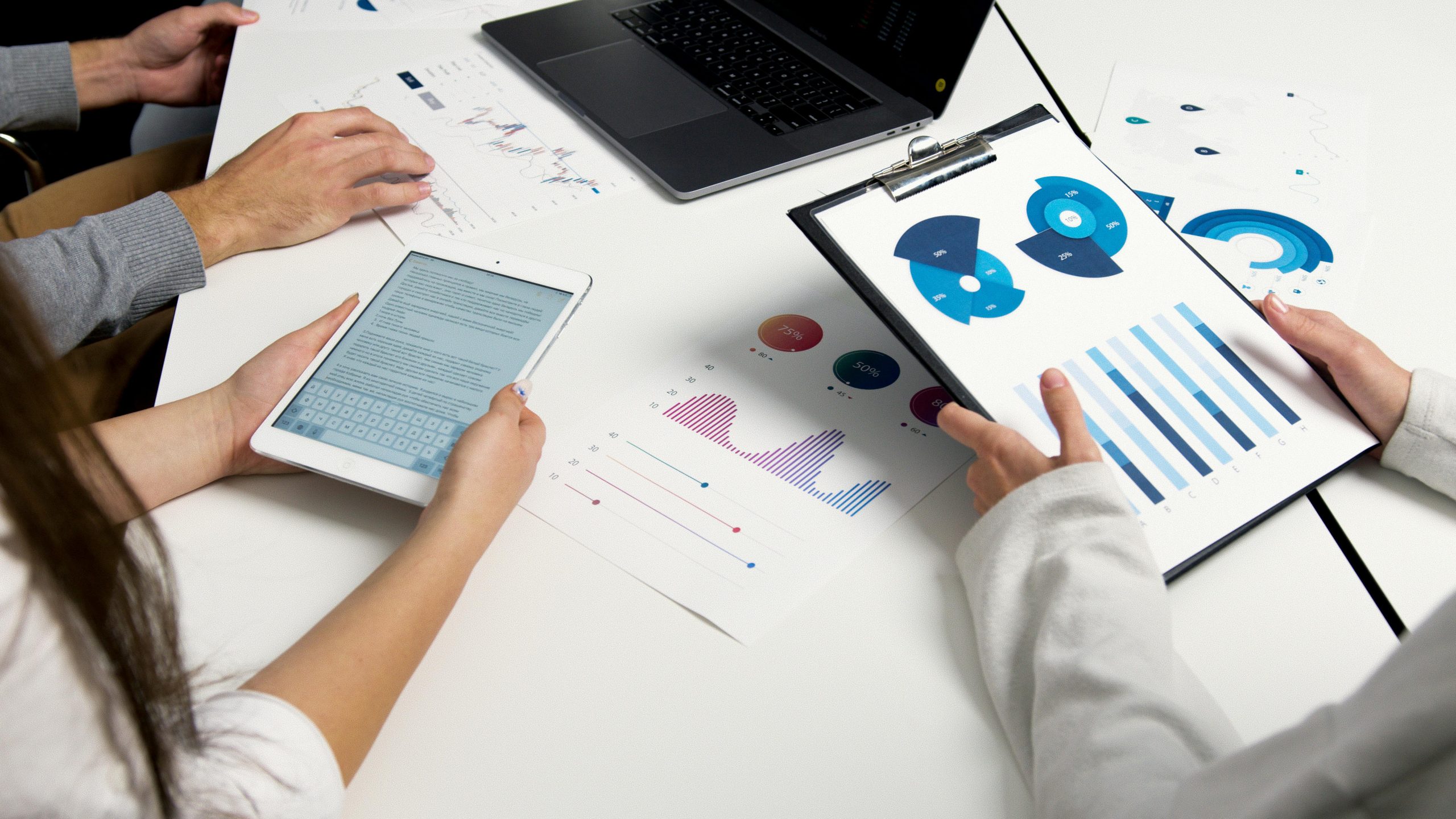Hidden in Plain Sight: A Fascinating yet Overlooked Danger to Our Autonomy
Title: The Hidden Threat to Our Autonomy: How Our Attention Is Being Hijacked
In conversations about artificial intelligence, many envision dramatic scenarios—killer robots, superintelligent machines taking over, or dystopian futures where machines dominate our lives. These visions, while compelling, often overshadow a more subtle yet profound danger that’s quietly unfolding: the relentless erosion of our attention and free will.
Most of us don’t realize that our worldview—the way we see ourselves and the world—is fundamentally shaped by the information our brains absorb over time. Everything from our language, our beliefs, to our political convictions is a product of ongoing sensory input and interpretation. When we stop to reflect on it, it’s clear how much of who we are is constructed from these external influences.
This capacity to learn from experience is a hallmark of all animals with brains—our biological inheritance. Yet, humans possess a unique superpower: we can transmit complex ideas, values, and narratives through symbols—stories, speech, and written language. This ability has been the cornerstone of our civilization, enabling us to share knowledge across generations and cultures.
But this same superpower introduces a vulnerability. Historically, the written word emerged around 5,000 years ago, and for most of that period, literacy was a rare skill. The dominant forces shaping worldview were primarily based on direct experience. Over time, the invention of mass media—beginning with television—expanded the reach of symbolic communication. Suddenly, information that shaped beliefs and perceptions became much more accessible, and perhaps, more influential.
Growing up in the late 20th century, I remember a household with a single television and little control over what was broadcast. Today, the landscape is vastly different: screens are omnipresent, and sophisticated algorithms are constantly learning about us, curating feeds tailored to our preferences. These unseen forces influence not just what we see, but how we perceive reality itself.
This unprecedented level of personalization means that a significant portion of our worldview may no longer stem from direct experiences but from curated digital narratives. When the system that shapes these stories is driven by artificial intelligence, it risks reprogramming our assumptions and beliefs with minimal awareness on our part.
The core concern isn’t merely AI’s potential to dominate or replace humans overtly; it’s that AI-driven platforms gradually—and often invisibly—take over the symbolic environment that defines our reality. This subtle shift could diminish our innate curiosity, reduce our capacity for original thought, and ultimately threaten our sense of














Post Comment